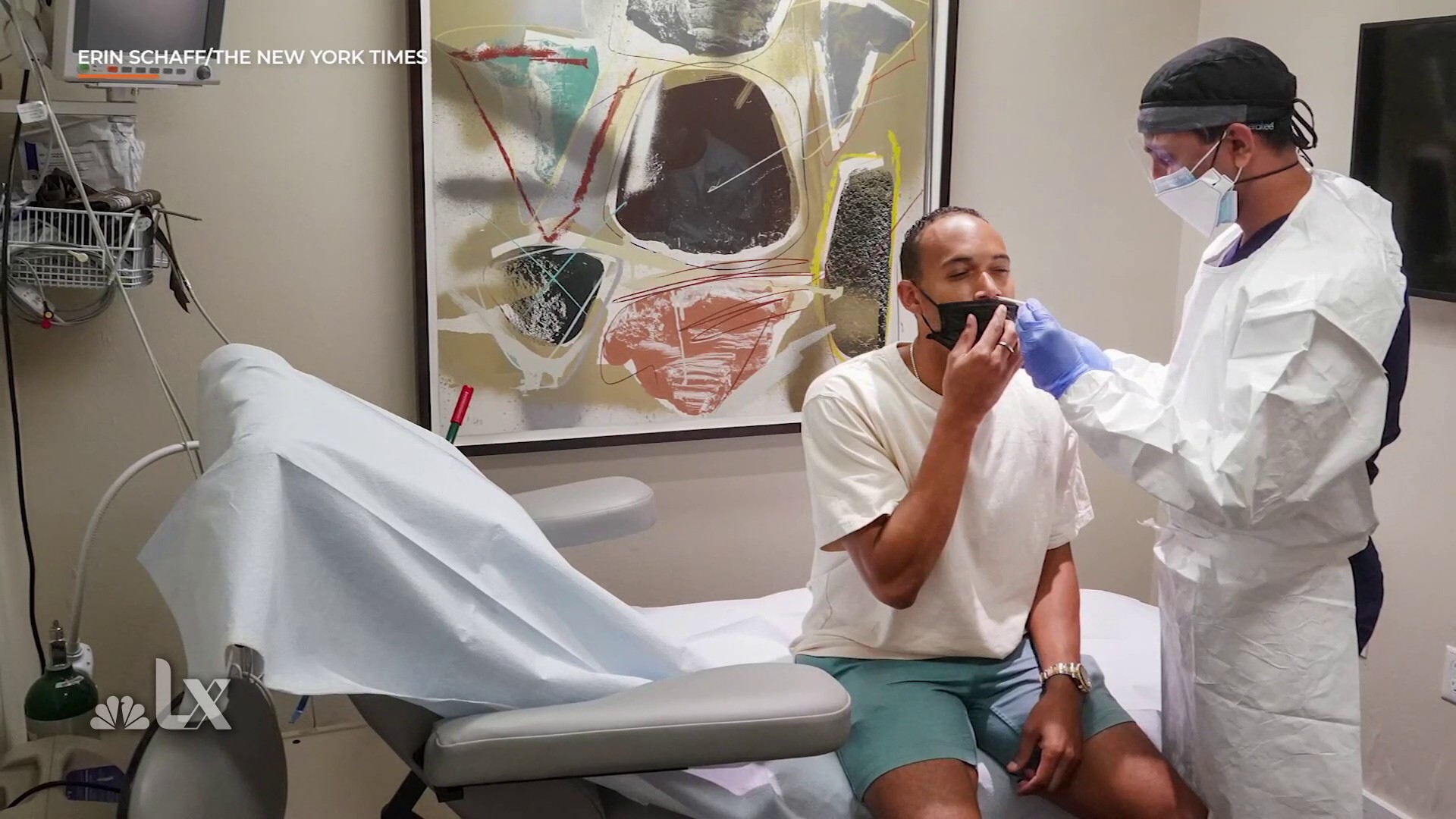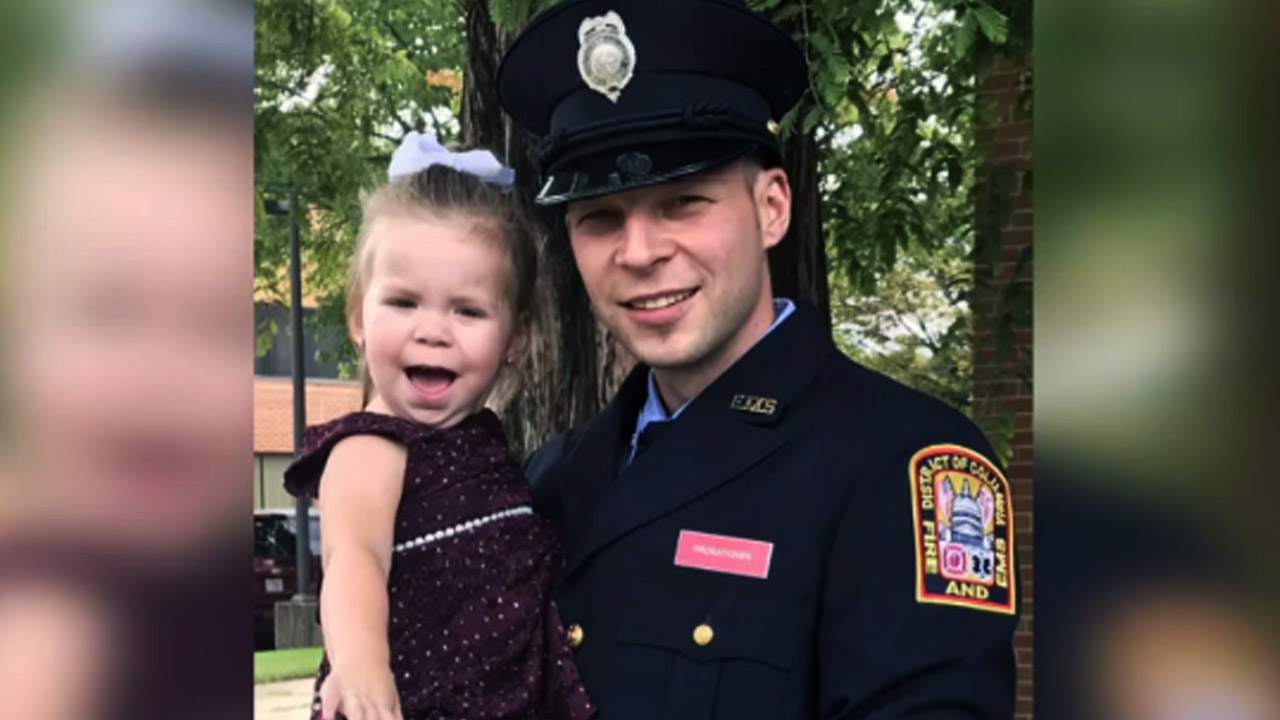A clinic at GW Medical Faculty Associates is helping patients struggling with long-lasting COVID-19 symptoms recover.
Dr. Aileen Chang, who helped launch the recovery clinic, said they were surprised to see many patients who are “strikingly" young and healthy still struggle to recover months after clearing the viral infection.
People who were running marathons and worked three jobs say their heart races when they walk to the bathroom or they can't look at a computer screen for two hours without becoming exhausted, Chang said.
Long-lasting symptoms affect one in four people who’ve tested positive for COVID-19. As many as 8 million Americans, dubbed “COVID-19 long-haulers,” face lingering symptoms.
We're making it easier for you to find stories that matter with our new newsletter — The 4Front. Sign up here and get news that is important for you to your inbox.
Although there isn’t enough research to determine who is most at risk, the clinic said the average patient is in their 40s, and they tend to see more women than men.
Even healthy people with mild infections have been hit hard with lingering symptoms, including shortness of breath, nerve pain, fatigue, headaches and the loss of taste and smell, according to infectious disease expert Dr. Hana Akselrod.
“People who initially were not hospitalized and had mild or moderate illness to begin with, but then continue to experience fairly profound and debilitating symptoms,” Akselrod said.
Across the country, clinics like the one at GW Medical Faculty Associates are starting to launch to help patients with long-lasting symptoms recover.
NBC News has identified more than 80 clinics nationwide that have launched to help patients recover.
At George Washington, clinics are held each week, with physicians tailoring a plan to each patient’s specific needs.
“It's really a very comprehensive experience for the patient in their first day at the clinic,” Chang said.
There have also been reports that suggest some COVID-19 long-haulers find relief from their symptoms after getting vaccinated.
According to a patient advocacy group, Survivor Corps, about 40% of the nearly 900 people they surveyed said their symptoms improved or disappeared altogether after they got the shot.
Some at George Washington have found relief of their symptoms after getting vaccinated, but most have not.
One theory for the vaccine benefit is that they may clear out any virus still lingering in the body. Yale University just launched a study to try and figure out why it’s happening or if the improvement is permanent.
Researchers continue to search for clues on the cause of the condition.
“It may be there are genetic or immunologic factors at play. It may be that's how we manage their initial illness makes a difference,” Akselrod said. “I think those are the scientific questions we hope to answer in the years to come.”



